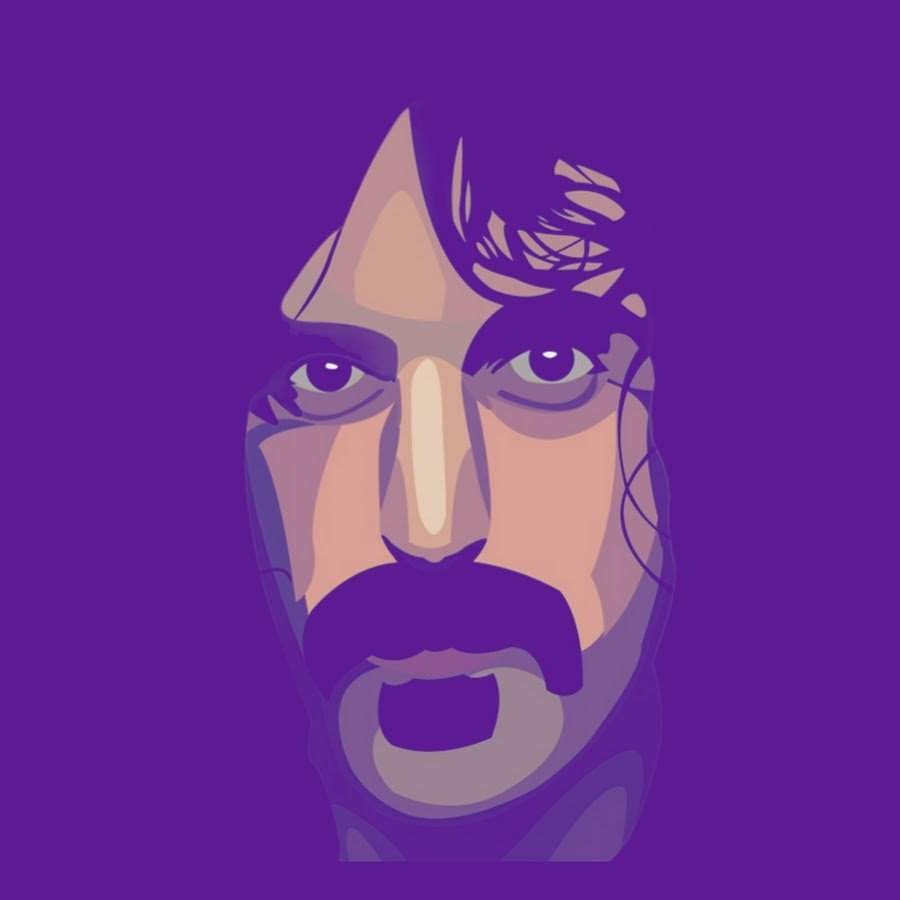Bob Dobbs is a Marshall McLuhan scholar and Zappa researcher.
Bob Dobbs explains McLuhan’s theories on media’s influence on society, notably his idea that “the medium is the message.” McLuhan is depicted as a revolutionary thinker, equating his impact to Einstein’s, by asserting that media shapes human experience as profoundly as the content it delivers. He suggests that technologies extend human senses, forming new “bodies” like the “chip body” and “TV body,” which transform perception and societal structures. The discussion highlights McLuhan’s multidisciplinary approach, integrating anthropology, sociology, and economics to deepen our understanding of the interaction between media technologies, culture, and consciousness.
Video is from Eli Elliott’s documentary of Bob Dobbs, during his 2005 Los Angeles tour.
00:00:00 – The Evolution of Media Theory
The discussion begins with a comparison between Einstein’s famed equation E=mc^2 and Marshall McLuhan’s media theory encapsulated in the phrase “the medium is the message.” The conversation explores McLuhan’s impact on understanding media, his recognition of every human-made artifact as a medium, and his position as a philosopher who redefined the concept of media beyond traditional news and communication.
00:02:01 – McLuhan’s Interdisciplinary Influence
McLuhan is credited with influencing a wide range of disciplines, from sociology to economics, by challenging traditional methods and applying his own theories. His approach antagonized academic colleagues as he transcended departmental boundaries, considering himself an “intellectual thug” who discovered principles akin to E=mc^2 for the latter 20th century.
00:03:01 – Media as Laws of Second Nature
McLuhan’s laws of media, akin to laws of nature, are discussed as an integral part of human-created second nature, influencing communication and human interaction. This includes the idea of media technologies being internalized and becoming inherent parts of our identity, leading to concepts like the “global village” and the transformation of human cognition and society.
00:04:57 – James Joyce’s Predictive Literature and McLuhan’s Interpretation
Through an analysis of James Joyce’s “Finnegans Wake,” connections are made between Joyce’s literary predictions and McLuhan’s media theories. Joyce foresaw cultural and technological changes, like the impact of television, which McLuhan later interpreted and expanded upon in terms of media theory.
00:06:04 – The Complexity of Language and Forecasting
The speakers address how language conveys more than we realize, with authors like Joyce and McLuhan channeling future realities through their detached observation and artistic imagination, thereby providing insight into cultural and technological developments.
00:07:35 – Media Induced Cultural Transformation and New Beings
The conversation shifts to discuss the profound changes media technologies have brought to human identity and society, such as the digitalization of media, the concept of multiple “bodies” (physical, TV, digital), and the transformation in children’s cognitive structures due to exposure to various media.
00:09:01 – McLuhan’s Political Insight and Concept of Phatic Communication
McLuhan’s predictions regarding the political ramifications of media are debated, including the assertion that every new medium leads to conflict or even warfare. The conversation delves into McLuhan’s ideas of managing societies through media modulation and the evolution of political imagery from radio to television.
00:19:01 – The Role of Media in Art and Cultural Perception
The dialogue touches on McLuhan’s view that traditional forms of art and science lost their role in translating human experiences in the face of advertising and the phatic nature of media. He saw the interplay of various media as creating a new tactile environment that influences how societies and cultures perceive their reality.
00:24:26 – McLuhan’s Vision of Ecological Control through Media
Lastly, the participants discuss McLuhan’s concept of using computers to program media environments, regulating cultural and societal effects by modulating the exposure of societies to different media. This idea extends beyond Orwellian connotations and suggests practical management of human environments at a global scale.


Leave a Reply
You must be logged in to post a comment.